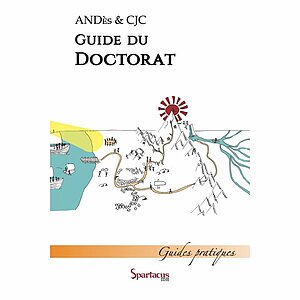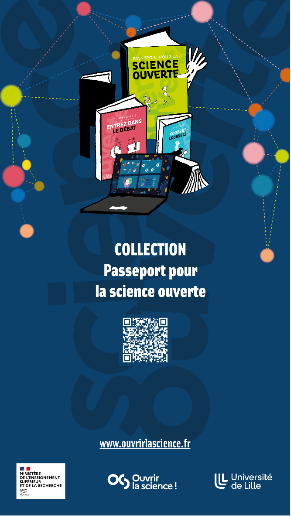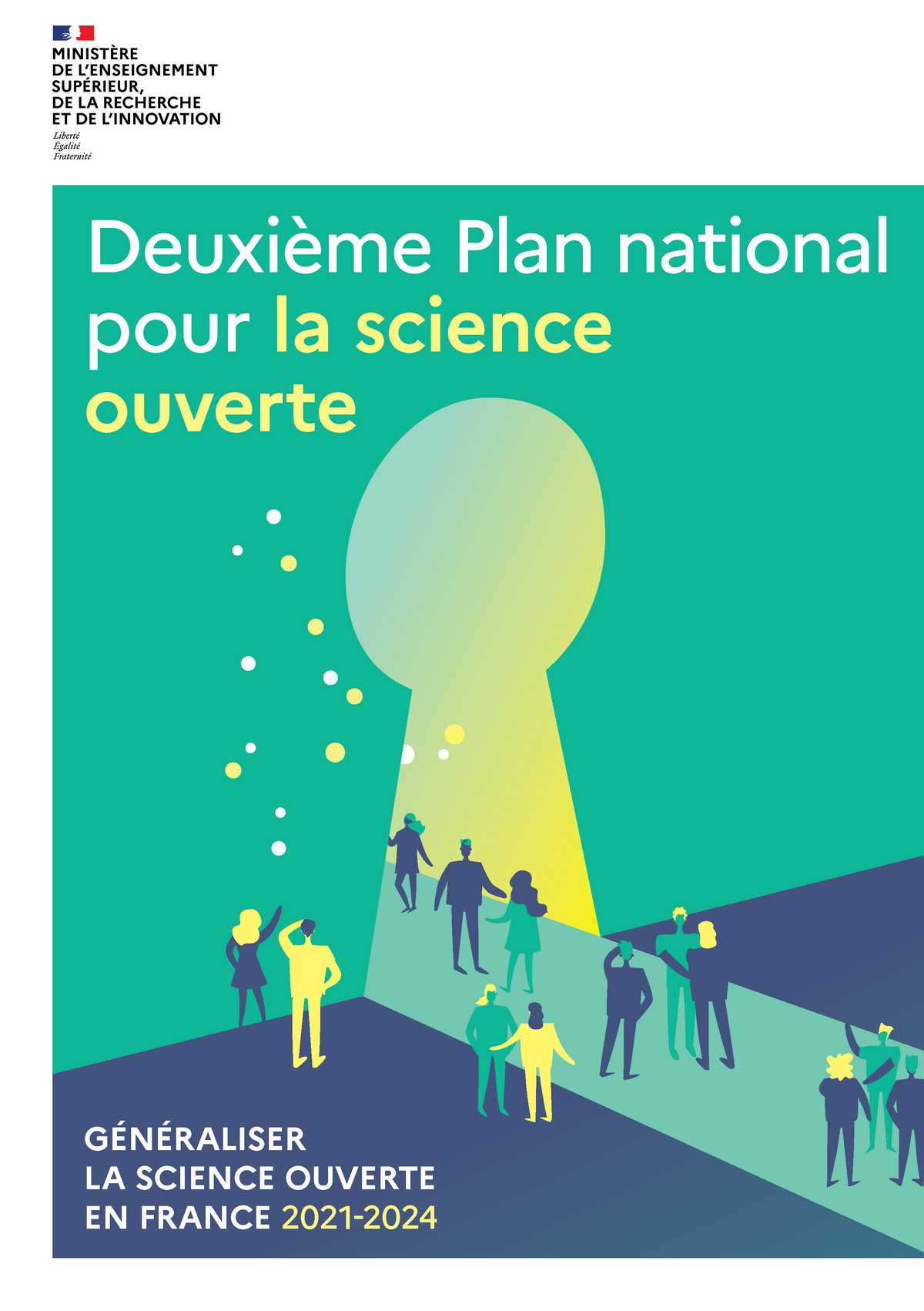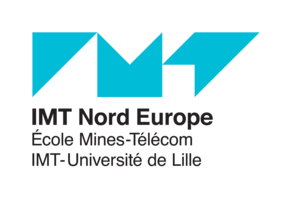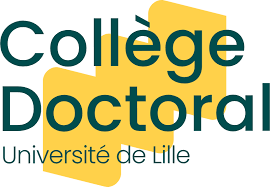During Your Doctoral Studies
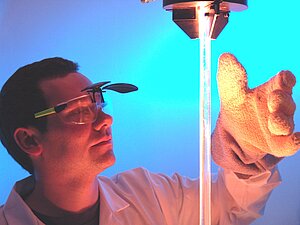
The doctoral programme lasts 3 years and is rich in content. As a doctoral candidate, you'll face many challenges and must attain increasingly complex skills, such as autonomy, curiosity, perseverance, etc
You will alternate between administrative tasks related to your studies and those linked to your research project and doctoral training, such as research work, including publications and communications, and writing your thesis
All the following steps will lead you to the final stage, the thesis defence
- At the start of each academic year, you will need to renew your registration by completing your pre-registration at the ED SMRE and then your annual registration at your institution
- The individual examining committee (CSI) will assess your progress at the end of the first and second years and make recommendations
- You will validate this progress during the annual interview with your Doctoral Study Faculty (DED)
- You will complete a part of your studies and research abroad as part of international mobility programme
For this, you will need to know who is who when it comes to doctoral studies (in French, PDF, 178 kB)
In terms of your thesis work, it will be your responsibility to
- Draw up a bibliography and maintain your scientific surveillance. Your original research requires state-of-the-art, in-depth knowledge, so a large part of your work will involve keeping abreast of scientific advances in your field
- Collect data. This can be done through bibliographical research, measurements, experiment set-up, surveys, etc
- Analysing/interpreting data. The collected data must be summarised, processed, analysed and finally interpreted in order to draw conclusions
- Presenting results. Communication is essential in research. This includes articles, reports, reviews, publications (written), as well as seminars, conferences, and presentations (oral)
- Writing/defending the thesis. Upon completion of the research work and results, a thesis is presented as a high-quality scientific document, then read by a group of experts and publicly defended orally
The final stage of your studies will involve writing a thesis that sets out the research work and its results in a high-quality scientific document. A thesis is presented before a jury and defended publicly, with some exceptions. The jury then awards the title and grade of doctor
![[Translate to English:] Photo - Illustration - Laboratoire de biologie [Translate to English:] Photo - Illustration - Laboratoire de biologie](/fileadmin/_processed_/a/2/csm_Biologie1_9d9f51ca7d.jpg)
The Doctoral Studies Guide aims to provide the most comprehensive reference resource for anyone involved in doctoral studies. It provides detailed information on the conditions, procedures, practices, and advice for organising the French doctoral system, managing a doctorate, and advancing the careers of doctoral candidates
This guide serves as a collection of recommended practices and warnings against harmful ones. It is part of an overall approach to continuous practice improvement within the current legislative and regulatory framework. This practical guide differs from the others by covering a national and cross-disciplinary scope and aiming at all those involved in doctoral studies
Since 2020, the Passport For Open Science has supported young researchers in implementing open science. Open science is the unhindered dissemination of scientific research, methods products and results. The digital revolution has created an opportunity to promote open access to research publications, data, source codes, and research methods
The Ministry of Higher Education and Research has now released two new guides: Codes and Software and Join the Debate
These guides, published by the French Ministry of Higher Education and Research, are the result of a partnership with the University of Lille and are part of a wider collection known as the Open Science Committee's Skills and Training College
Open Science - Join the Debate
The Passport for Open Science is a guide designed to support doctoral candidates at every stage of their research careers, regardless of their field of study. This guide offers a set of effective methods and resources that can be implemented directly
It also addresses the present challenges related to open science within the scientific community
The purpose of this guide is to facilitate communication between young researchers and their professional surroundings. It does so by offering a summary of arguments, key figures and examples
Open Science - Codes and Software
This guide is an extension of the Passport for Open Science and focuses on the challenges surrounding the source code and software used and produced in scientific research.
It is designed to assist researchers from all disciplines and offers a comprehensive explanation of the issues along with a range of tools and resources to help them overcome these challenges and implement best practices.
Passport Series: An Introduction to Open Science
The "Passport Series: An Introduction to Open Science" is a collection of five brief videos that provide organised educational material based on the Passport for Open Science
These videos bring to life various characters and take you on a journey through the world of open science and its numerous practical solutions. These range from open-access digital resources and ways to access and share research data to advice on open-access publication for your scientific work and doctoral thesis
These challenges are illustrated by four case studies of young researchers who engaged in open science practices

